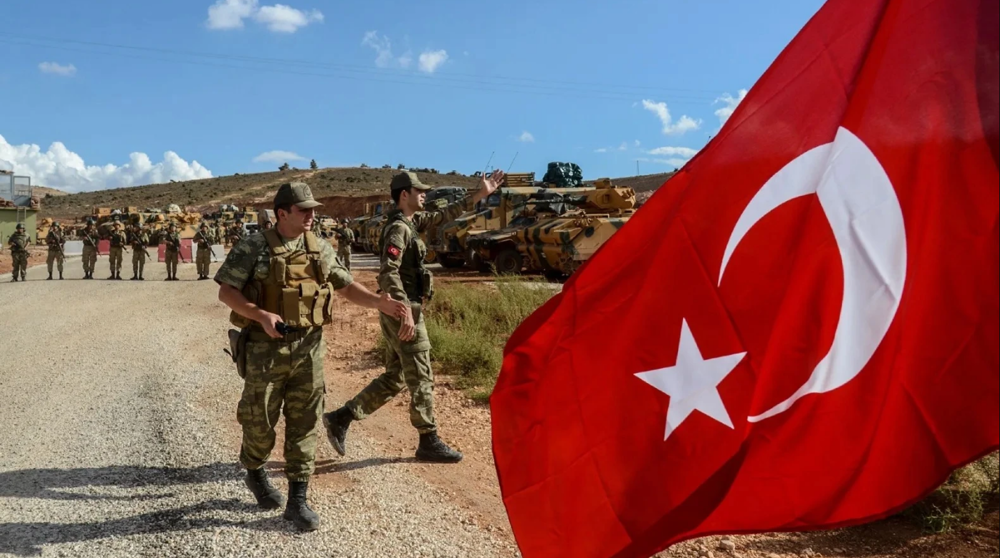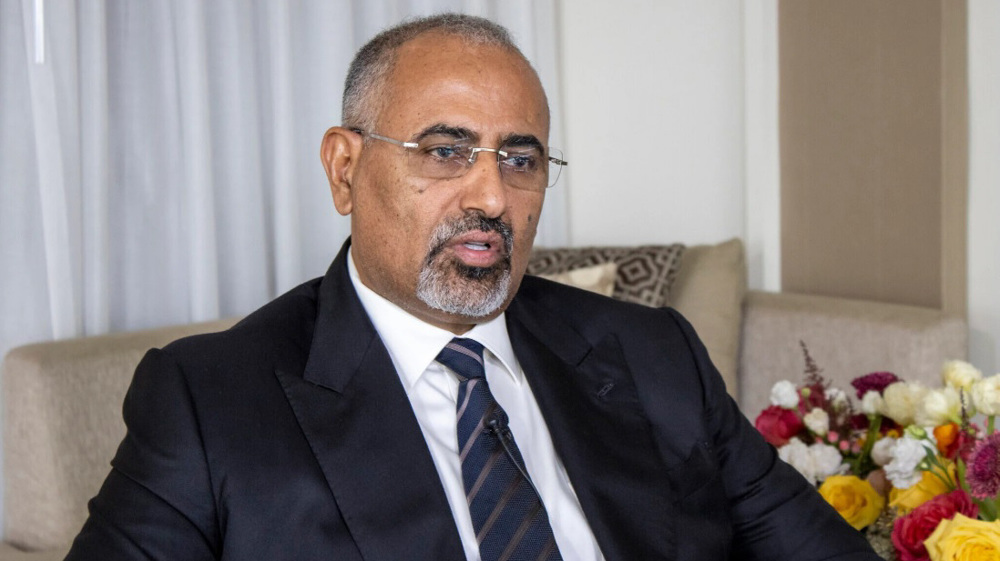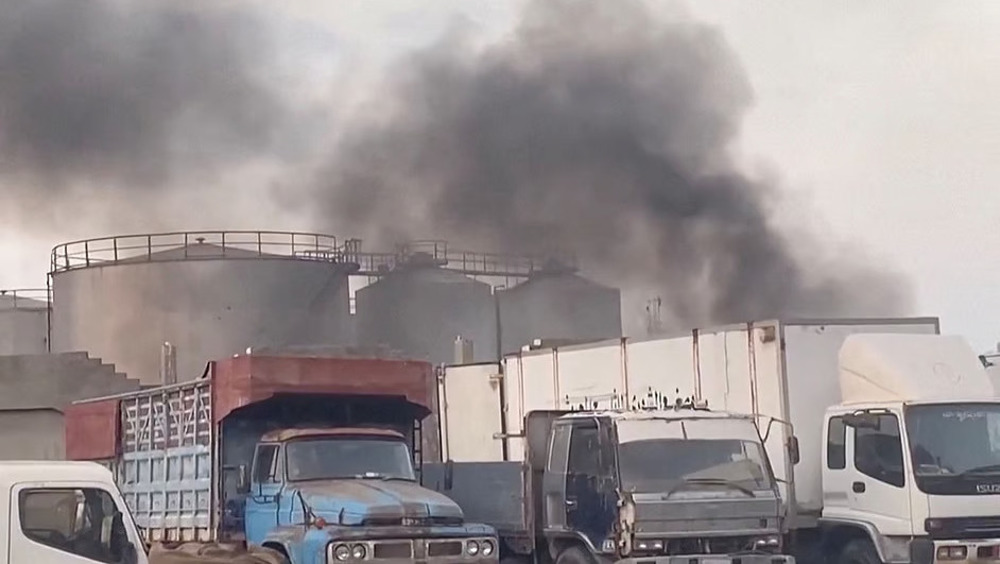Saudi King Salman arrives in Tokyo on lavish visit
Saudi King Salman bin Abdulaziz Al Saud has arrived in Tokyo on an extravagant visit to Japan along with an entourage of 1,000 people.
King Salman, who is scheduled to meet with Japanese Emperor Akihito and hold a bilateral meeting with Prime Minister Shinzo Abe, arrived at Tokyo’s Haneda Airport on Sunday evening.
According to local media, the Saudi ruler is traveling with an enormous entourage estimated to have over 1,000 people. Some 1,200 rooms at Tokyo's luxury hotels have been booked by the delegation for the three-night stay through Wednesday.
Reports said hundreds of limousines have been brought into the Japanese capital to accommodate the visitors.
The trip is the first by a Saudi monarch to Japan in almost 50 years.
Saudi Arabia is the largest provider of oil for Japan. Tokyo relies on Middle East for energy to power the world's third largest economy.
Saudi king’s luxurious month-long Asia tour has already taken him to Malaysia and Indonesia and will also see him going to China and the Maldives. This comes as the world watches in surprise the extravagant lifestyle of the Saudi monarch at a time that the country is grappling with serious financial problems.
During his visit to Indonesia, the 81-year-old Saudi ruler was accompanied by at least 1,500 people -- including 10 ministers, 25 princes and 800 delegates -- who traveled to Indonesia on 36 different flights over a period of three weeks, the Indonesian news agency Antara reported.
Adji Gunawan, the president of the airport services company, PT Jasa Angkasa Semestar, told the Jakarta Post that the Saudi king had 459 tonnes of equipment, including two Mercedes-Benz S600s and two electric lifts.
The firm said 63 tonnes of King Salman’s cargo would be unloaded in Jakarta and 396 tonnes would be taken to Bali.

During his visit to Jakarta, a protest rally was held outside the Saudi embassy in Indonesian capital to condemn violence against Indonesian migrant workers in the kingdom.
The demonstrators held placards and umbrellas reading, “Stop Violence,” “World Peace” and “Stop violence against migrants.” At least, one protester was arrested during the rally.
King Salman’s expensive tour to East and Southeast Asia comes as the country’s fiscal reserves dropped to a four-year low last year after the country posted a record high budget deficit of $98 billion.
In late February, Saudi Arabia started taxing water after analysts warned that the kingdom's unsustainable and extravagant use of water was rapidly depleting the country's reserves, Saudi newspaper Al-Watan Arabic daily reported.
Last December, the official Saudi Press Agency reported that Riyadh had decided to raise gasoline prices by more than 50 percent for some products.
Prices have been also increased for electricity, water, diesel and kerosene under the cuts approved by the council of ministers, which is headed by King Salman.
The collapse in oil prices and military expenses in Syria and Yemen, however, are burning through the country's foreign reserves at an alarming pace.
The International Monetary Fund (IMF) expects Saudi Arabia to run a budget deficit of 19.4% in 2016 and run out of financial assets within the coming five years.
According to the IMF, the kingdom would need an oil price of $106 a barrel to balance its budget.
VIDEO | 30 tons per capita: Gaza faces rubble crisis
US, Israel suffered another defeat in terrorist riots after June war: Qalibaf
Al-Quds churches warn ‘Christian Zionism’ threatens Christianity
New York City's chief financial officer to defy Mayor Mamdani by purchasing Israeli bonds
European leaders reject Trump’s ‘blackmail’ over Greenland tariffs
Iran warns Europe is sidelining itself by ‘blindly following’ US, Israel
VIDEO | Press TV's news headlines
Pentagon readies 1,500 soldiers to deploy for Minnesota protests crackdown









 This makes it easy to access the Press TV website
This makes it easy to access the Press TV website